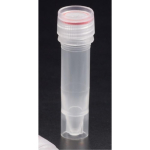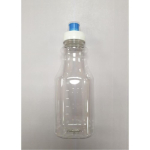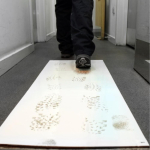Analysis Note
The activity was determined by dose dependent Alkaline Phosphatase production in MC3T3 E1 mouse preosteoblast cells and stabilization of beta catenin in mouse L929 cells.
Biochem/physiol Actions
WNT3A (Wnt family member 3A) functions mainly to induce canonical Wnt signaling pathway. Wnt signaling pathway is essential for gastrulation, organogenesis, tissue development, homeostasis and regeneration. Congenital defects, oncogenic transformation and many more disorders results due to abnormal Wnt signaling pathway. During the differentiation of human neuronal progenitor cells, WNT3A (Wnt family member 3A) activates calmodulin-dependent kinase II and increases free calcium in the cytosol via Wnt/Ca2+ signaling pathway. WNT3A is an oncogene and is upregulated in many types of cancer. It serves as a prognostic marker in diagnosing hepatocellular carcinoma. It also promotes metastasis of malignant tumors, including gastric cancer, colorectal cancer, non-small cell lung cancer and breast cancer.
General description
WNT3A (Wnt family member 3A) gene is mapped to human chromosome 1q42.13. Wnt3A gene is a member of the Wnt gene family that consists of structurally linked genes that encode secreted signaling proteins.
Physical form
Lyophilized from a 0.2 µm filtered solution of 1X PBS pH 7.4 + 500mM NaCl + 1% CHAPS.
Reconstitution
It is recommended to reconstitute the protein to ≤100µg/mL in sterile 1X PBS containing 0.1% endotoxin-free HSA.
Storage and Stability
Upon reconstitution, the cytokine can be stored at 4°C for short term or at -20°C to -80°C in aliquots for long term. Avoid repeated freeze-thaw cycles.











